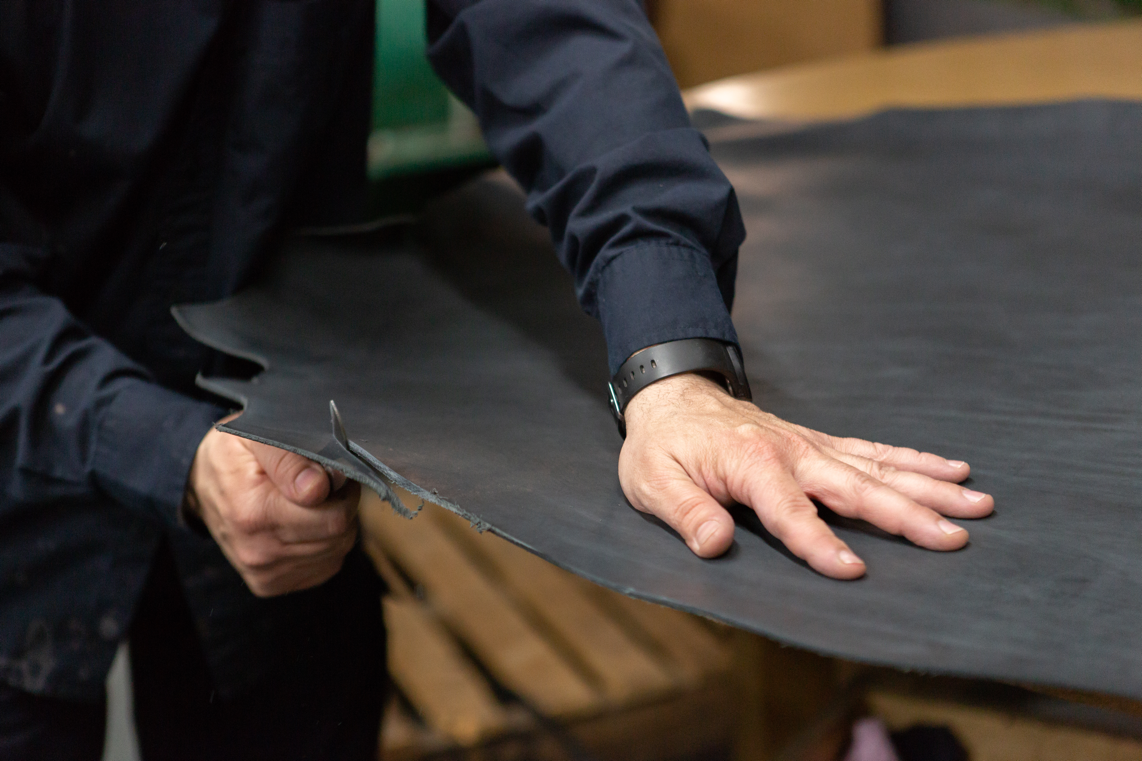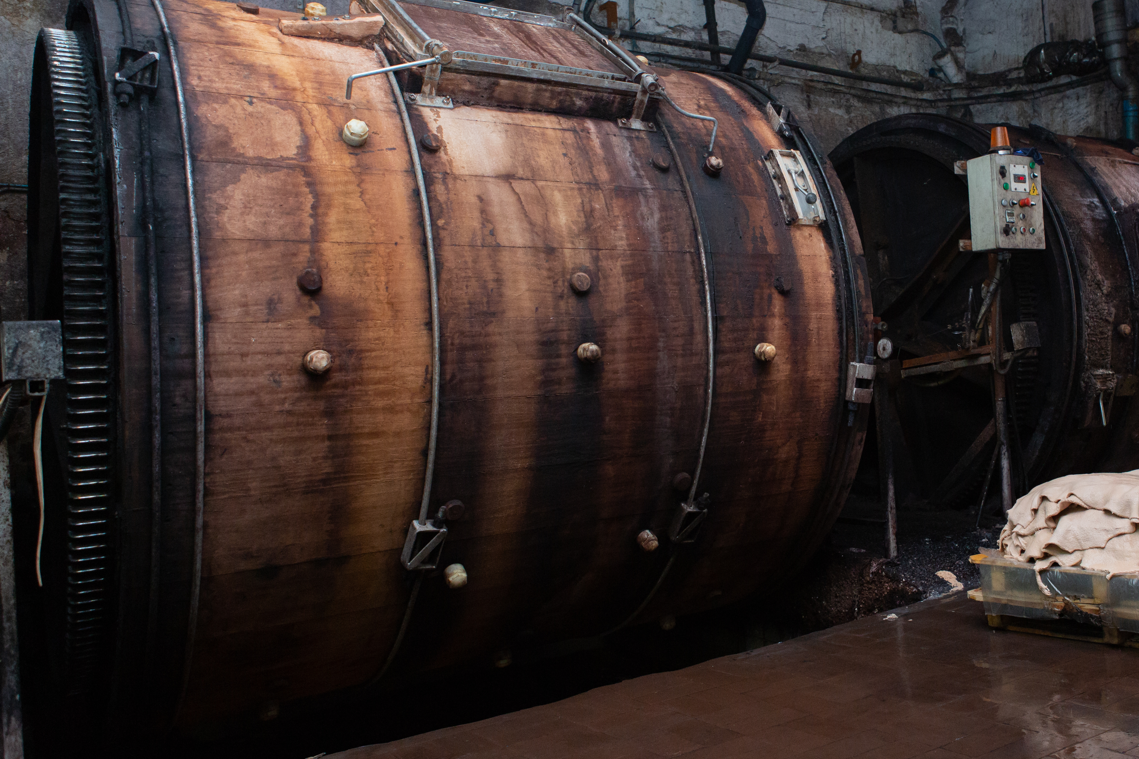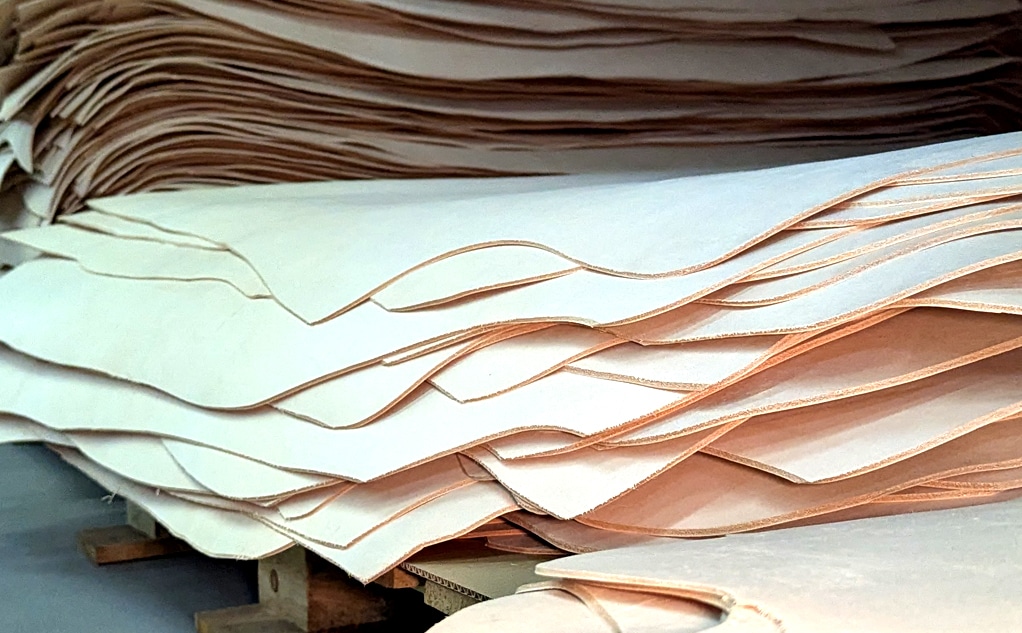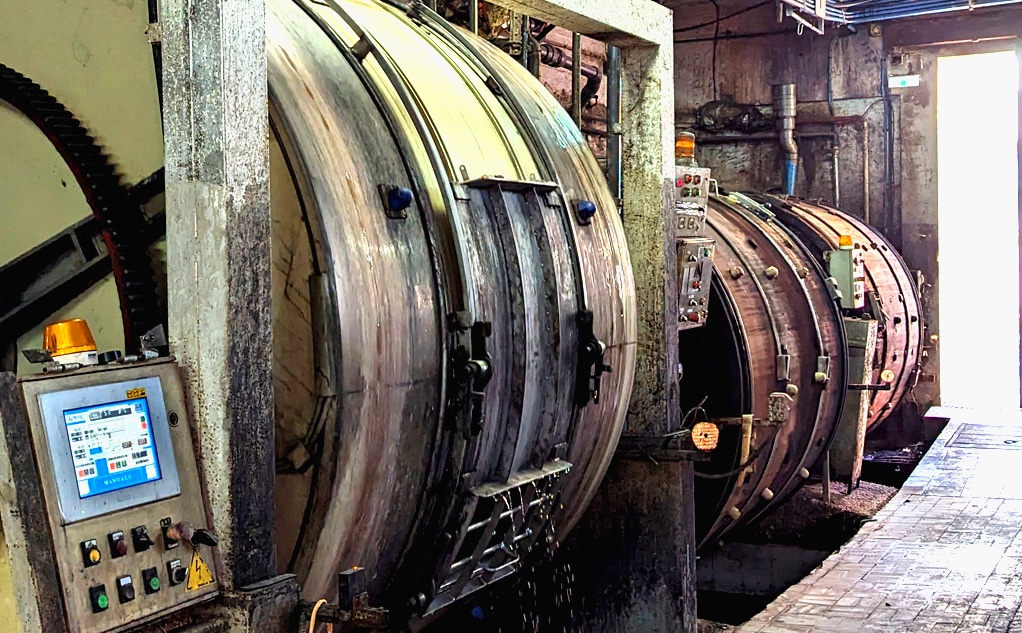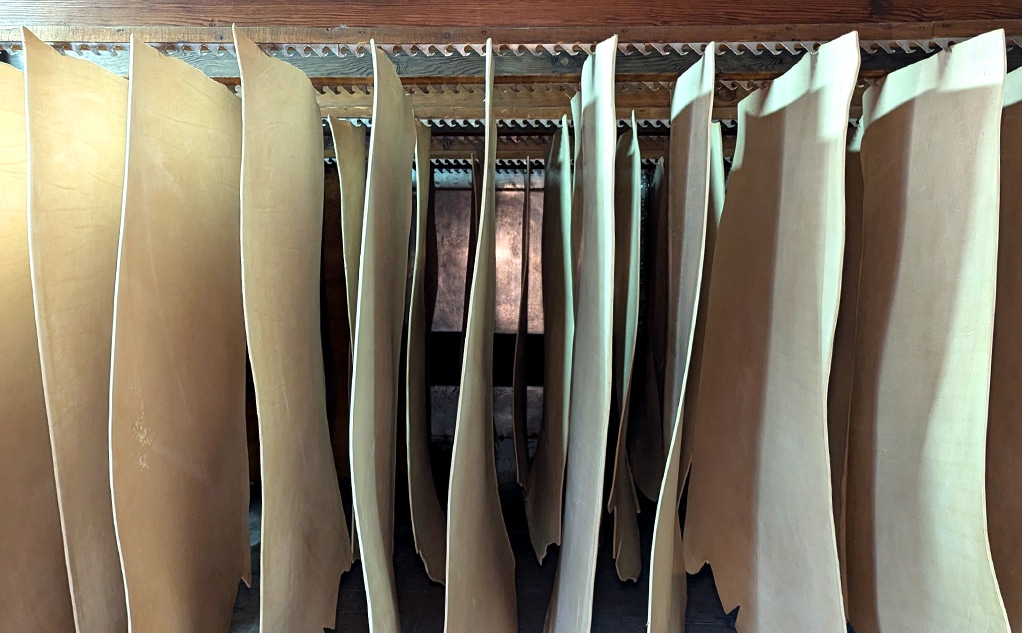
leather
Sustainability: is fashion on a turning point or is it (still) at a dead end?
18 / 03 / 2024
Original content by: Lineapelle Magazine
Restarting from 42%. In other words, from the percentage that, according to ICPEN (International Consumer Protection Enforcement Network) identifies the current green hypocrisy. That is, the fact that, online, more than 4 green slogans out of 10 “are exaggerated, false or deceitful”. Greenwashing, in one word. The occasion to take it one step further is offered by BoF (Business of Fashion), a reference portal for fashion and luxury. Unfortunately, this step does not take us much further. To the point that one question necessarily comes up: is fashion actually taking a turn, as far as 360 degrees green is concerned, or is it still at a dead end?
Turning point or dead alley?
BoF elaborates periodically a Sustainability Index. According to its latest edition, “while companies are discussing about sustainability more than ever, actions are delayed, compared with public commitments”. Much storytelling (sometimes close to propaganda), few concrete actions. “The total average score of evaluated companies was just 36 on 100, with a considerable difference between commitment and action”, BoF writes.
The relationship with suppliers
In the end, to really reach their green goals, brands need to make their production area cost-effective in a sustainable way. Which is, nevertheless, part of their universe under the “suppliers” item. With them, they should share long-term investments in technology and tools. But, BoF remarks, “suppliers complain about the fact that t18hey are often left alone, when the issue is paying for the investments. Instead of putting each season suppliers one against the other for prices, brands should establish solid partnerships, even if this could mean that the cost of production will get higher”. Luckily, it does not work like this for everyone. But that’s enough to prevent a real, determined, widespread sustainable turn from happening. And much too often, this is an unbalanced burden on the upper part of the production chain.
You can access the original post HERE
Read more
Newsletter
Subscribe to our Newsletter and you will receive information about everything that inspires us, the main news, trends and much more.






